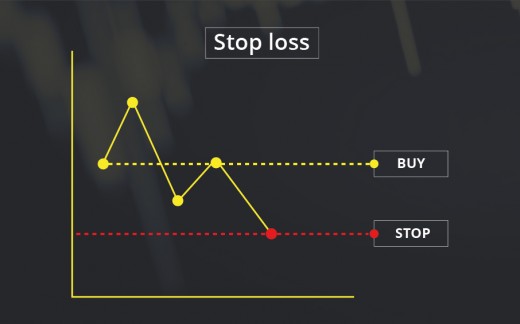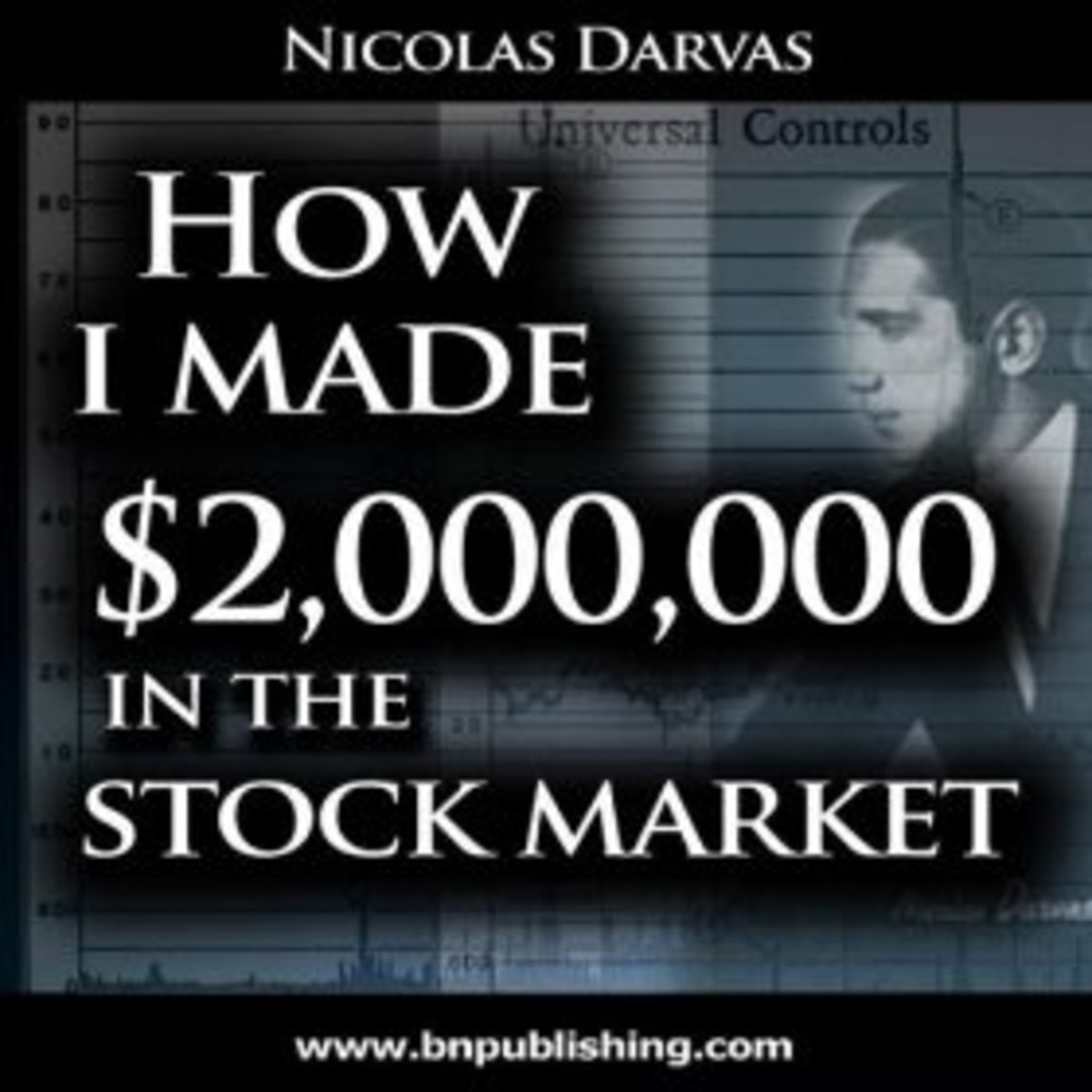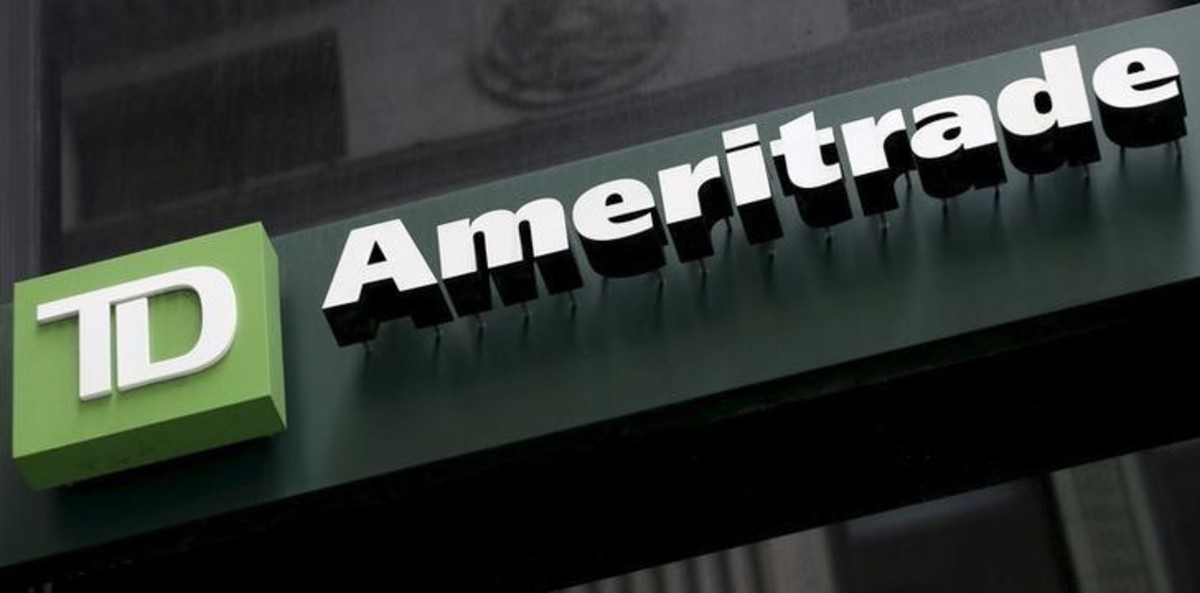How to Trade Shares Via Spread Betting (UK Only)

How to Trade Shares via Spread Betting (UK Residents only)
Much content on spread betting tends to be geared towards the Foreign Exchange markets or Indices, notoriously volatile markets. It attract those interested in profiting from regular price movements and this article aims to give you the basics of the mechanics of this form of trading on share price movements instead (tax free in UK only).
Some level of volatility is needed to produce gains and if chosen wisely, shares can be a way to to profit on relatively smaller price movements. For those with a basic knowledge of shares, the aim is to use spread betting to apply their markets knowledge, coupled with the benefits of spread trading that we shall explore. This Financial Conduct Authority regulated area of finance does come with risks, you can lose money.
However, costs are the main attraction. Compared to buying shares through a brokerage, no such fees are involved as you won't be owning the underlying shares. Through a platform provider, you are instead backing your own judgement on which way the underlying price will go on a point basis for a set time limit. This is leveraged trading meaning, you have the opportunity to magnify your profits by way of controlling a relatively large asset position with a smaller deposit known as 'margin'.
For Example: If a share moves up by 4 pence (4 points) and you have opted to trade at £2 per point, then your profit will be £8. If it goes down by 4 points you lose £8.
Spread betting can serve as a way to complement an existing share investments strategy in jurisdictions where this it is legal (not the US - check with your platform provider)

Benefits of Share Trade via Spread Bet
Buying actual shares through a broker incurs various costs, like the broking fee at around £10 to buy/sell. Along with 0.5% stamp duty and the current Capital Gains Tax rate. Also, a stock broker will ask you for the full value of the shares. So if you’re buying £800 worth of say company B & M shares, you’re expected to pay the full £800.
If you instead open a position worth £800 with a spread betting provider, you’re looking at typically 10% or £80. This is known as your minimum 'margin requirement'.
Essentially you are controlling the same size of asset with a much smaller outlay – in this case £800 worth of B & M shares with £80. This is what you call ‘leverage’, it’s like using a small pivot to move a huge rock!
Once you have certain trading plan in place, it is only the ‘spread’ that will be the main cost concerned. A spread betting provider quotes this for every market they offer and it is the difference between the buying price and the selling price and accurately reflects the market.
For Example: If a share is trading at 121p in the real market, the spread could be 1. This means if you think the price is going to go up and you trade at £1 per point, the cost will be £1. As soon as you put the trade on, you are down by £1.
If the price goes up by a point, you’ve broken even. Anything above this is pure profit!
Therefore your profit is the difference between the price at which you open the trade and the price for which you close the trade minus this spread.
Bear in mind, just as your ordinary share investments can go down, so can your trades. Losses may exceed initial deposits so how can you minimise this risk?
Minimising Risks
A stop loss is a way to minimise your losses, for example with a stop loss set at 10 points on your position, you are deciding to take a maximum hit of 10 x your stake if the trade goes wrong (small charge may be payable for a guaranteed stop loss).
So the key is to only use funds you can afford to lose and make use of stop losses as you might already with your share portfolio. Though this article provides you with details that can help you make an informed decision on whether spread betting is for you, it is best to explore the platform providers themselves and open a demo account where you can try it without risking your own money!.
Although the main cost is the spread, please note if you keep your positions open for longer than a day, then rolling overnight charges may apply which we'll look at in more detail in a moment.
Keep an eye on how much money you start with too. This is known as your margin and there will be a minimum amount you need in your account to back up your trades. A loss may result in you needing to deposit more money to keep your position open!
You can use 'Guaranteed' stops/limits on your losses (at a cost – providers are transparent on this and how they function) to prevent you from losing more than you’d like. Also, don't forget, it's easy to place short trades which means that you can use spread trading to sell short so as to profit from any correctly predicted price decreases.

Example: Daily Rolling Share Trade
You wake up Monday morning and the current share price of made up company B & M, including the 1p market spread, is 146 - 147. Therefore the spread betting company's spread for B & M rolling is:
SELL:146
BUY: 147
Scenario A
You think the B & M share price is set to fall in the very near future and decide to sell B &M daily rolling at 146p for £10 per point. In place of a normal spread, you will be paid interest for every day that you hold a position open.
The interest payable by spread betting companies varies for rolling share positions and is normally based on the London Inter Bank Offered Rate (LIBOR). This is the interest rate offered by a specific group of London banks.
Therefore interest may well be calculated as follows:
(LIBOR 1 month - 2%)/365 x the total underlying value of your position.
In this case, assuming LIBOR 1 month is say 5%, the daily interest payable would be:
(5% - 2%)/365) x (£10 x 146) = 0.0082% x 146p = 11p.
Think of this 11p as the small down payment to keep your trade open. The overnight fee represents the provider’s fee for funding the majority of your position.
In the past most spread bets were placed for longer quarterly basis periods and quarterly contracts applied. These days most traders opt for daily rolling contracts when they're only looking to be in the position for a few days or weeks.
For positions you intend on holding for longer, say over a month, there are futures markets that incur no costs. Providers will usually give you tables on the costs to hold shares for both types.
If you follow these guidelines (NOT TO BE TAKEN AS INVESTMENT ADVICE) and use reputable transparent providers, then spread betting can be a great way to complement your overall investing strategy. Start small or with a demonstration account many providers offer and be inspired by what is happening in the world share markets!
© 2018 Oscar Aleman








